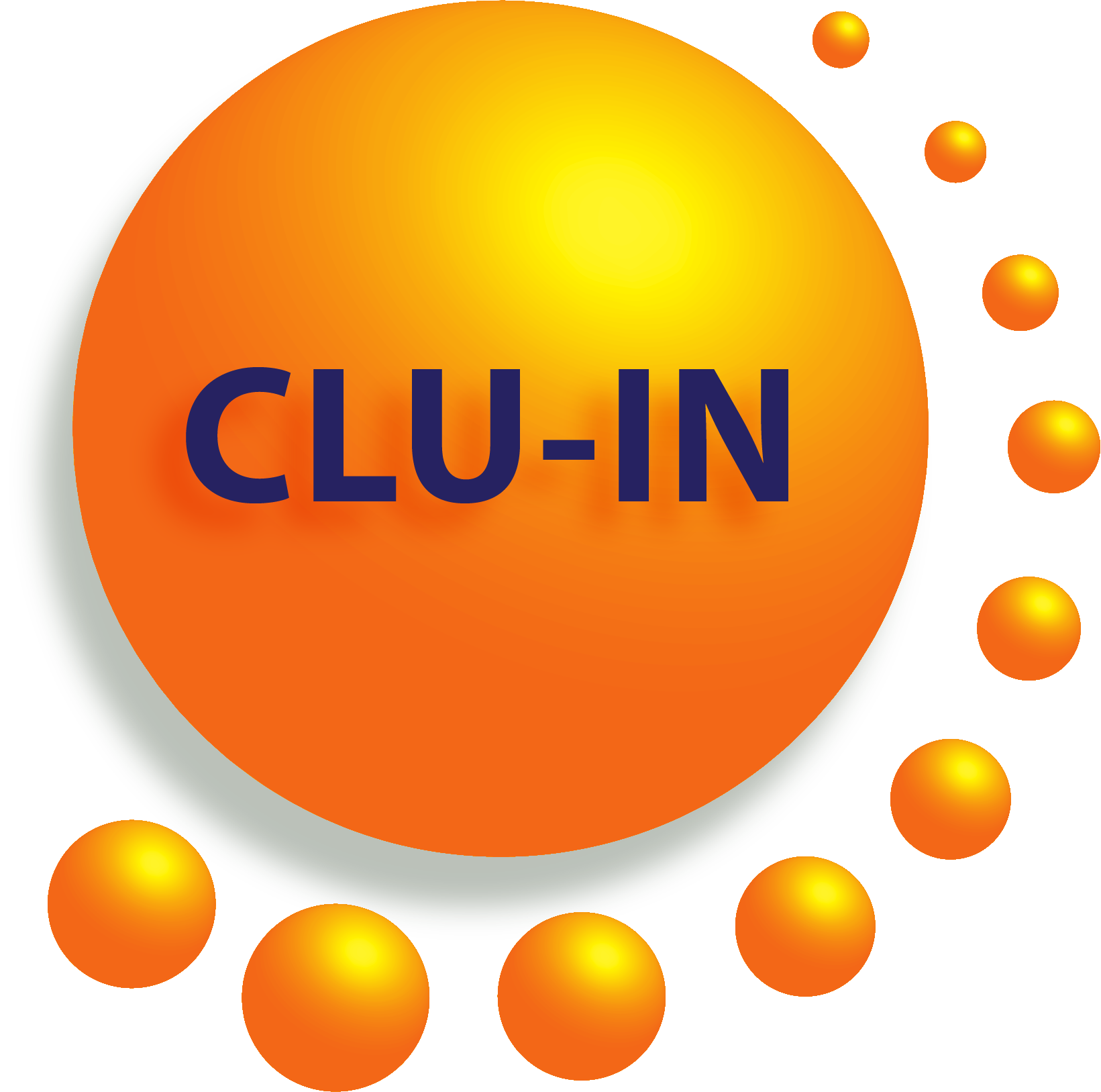Advancing Environmental Health Research with Artificial Intelligence and Machine Learning: Session II — ML & AI Applications to Environmental Engineering & Bioremediation
Sponsored by: The NIEHS Superfund Research Program (SRP)
The NIEHS Superfund Research Program (SRP) is hosting a Risk e-Learning webinar series focused on using artificial intelligence (AI) and machine learning to advance environmental health research. The series will feature SRP-funded researchers, collaborators, and other subject-matter experts who aim to better understand and address environmental health issues by applying AI and machine learning approaches to complex issues.
Recent advances in AI and machine learning methods show promise to improve the accuracy and efficiency of environmental health research. Over the course of three sessions, presenters will discuss how they use AI and machine learning approaches to improve chemical analysis, characterize chemical risk, understand microbial ecosystems, develop technologies for contaminant removal, and more.
In the second session ML & AI Applications to Environmental Engineering Contaminants & Bioremediation, invited presenters will discuss how they apply machine learning and artificial intelligence to environmental engineering applications including contaminants and bioremediation using biosensors, microbiome compositions, and screening tools.
To learn about and register for the other sessions in this webinar series, please see the SRP website.
Kei-Hoi Cheung, Ph.D., has an extensive history in data science, and has leveraged that expertise to lead natural language processing (NLP) projects in annotating, extracting, and retrieving environmental exposure data. He will present on the use of these NLP methods combined with ontologies in the in the context of scientific literature on emerging water contaminants.
Mohammad Soheilypour, Ph.D., will discuss the application of a suite of computational methods to identify and predict microbial metabolism of various chemical compounds, with a focus on gut and environmental microbiomes. Specifically, he will cover the potential application of machine learning models in this context and their integration with other computational methods to enhance both accuracy and utility.
Paul Westerhoff, Ph.D., will highlight the work of his research team utilizing and comparing two advanced multiple data imputation techniques, AMELIA and MICE algorithms, to fill gaps in sparse groundwater quality datasets to support State agencies in prioritizing future sampling activities. Historic water quality databases are often sparse due to financial budgets for collection and analysis, posing challenges in evaluating exposure or water treatment effectiveness — and this project aims to account for those by accurately assessing and managing risks associated with inorganic pollutants using this technology.
Speakers:
- Kei-Hoi Cheung, Ph.D., Yale University School of Medicine
- Mohammad Soheilypour, Ph.D., Nexilico Inc.
- Paul Westerhoff, Ph.D., Arizona State University
- Moderator: Rodrigo Rimando, U.S. Department of Energy
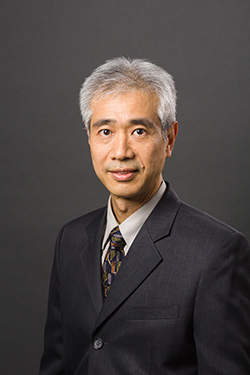 Kei-Hoi Cheung, PhD, Yale University School of Medicine (kei.cheung@yale.edu)
Kei-Hoi Cheung, PhD, Yale University School of Medicine (kei.cheung@yale.edu)
Kei-Hoi Cheung is a professor of Biomedical Informatics & Data Science at Yale School of Medicine and a professor of Biostatistics at Yale School of Public Health. His research interests include the semantic web, using ontologies to harmonize biomedical data and tools. In addition, he has been leading natural language processing (NLP) projects in annotating, extracting, and retrieving environmental exposure data from the literature as well as mining clinical text from the Veteran Administration's electronic medical records. Recently, he received an NIEHS grant entitled: “Accelerating Data and Metadata Standards in the Environmental Health Sciences Study of Emerging Water Contaminants.” Cheung completed his doctoral degree in computer science at the University of Connecticut.
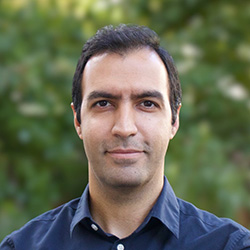 Mohammad Soheilypour, PhD, Nexilico Inc (msoheilypour@nexilico.com)
Mohammad Soheilypour, PhD, Nexilico Inc (msoheilypour@nexilico.com)
Mohammad Soheilypour, Ph.D., is the co-founder and chief executive officer of Nexilico Inc., a biotechnology startup that uses computational biology and AI to address challenges in medicine and biotechnology. He is the principal investigator on four SBIR/STTR grants from NIH and the National Science Foundation. He earned his doctoral degree in computational biology at the University of California, Berkeley, and his research there, supported by the National Institutes of Health, formed the foundation for Nexilico's microbiome precision medicine technology.
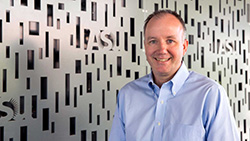 Paul Westerhoff, PhD, Arizona State University (p.westerhoff@asu.edu)
Paul Westerhoff, PhD, Arizona State University (p.westerhoff@asu.edu)
Paul Westerhoff, Ph.D., is a Regents Professor in the School of Sustainable Engineering and the Built Environment at Arizona State University and the Fulton Chair of Environmental Engineering. He is the deputy director of the National Science Foundation’s Nanosystems Engineering Research Center for Nanotechnology Enabled Water Treatment, as well as an associate editor for the journal Environmental Science and Technology. He completed his doctoral degree in Civil, Architectural, and Environmental Engineering at the University of Colorado-Boulder.
Moderator:
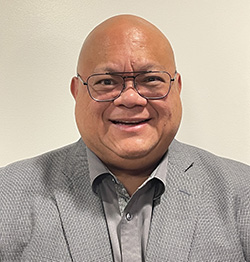 Rodrigo Rimando, U.S. Department of Energy (rodrigo.rimando@em.doe.gov)
Rodrigo Rimando, U.S. Department of Energy (rodrigo.rimando@em.doe.gov)
Rodrigo "Rod" V. Rimando, Jr. is Acting Director for the Office of Technology Development within the Office of Environmental Management (EM). Rod has over 36 years of nuclear experience that started in 1987, when he worked as a nuclear engineer at the Navy Department’s Charleston Naval Shipyard in South Carolina. He joined the Department of Energy in 1995 at the Savannah River Site, bringing with him his new expertise in nuclear facility decommissioning and environmental cleanup after he directed a large portfolio of cleanup projects in support of base closure. He transferred to EM headquarters in 2012, at which time he served as EM’s technical liaison to former Secretary Stephen Chu on Hanford’s Waste Treatment and Immobilization Plant. In 2016, when EM was reorganized, Rod served as the director of the newly formed Office of Technology Development for its first three years. Rod has a Bachelor of Science degree in Physics/Nuclear Physics from The Citadel, The Military College of South Carolina.
Webinar Slides and References:
-
 Slide Presentation for Kei-Hoi Cheung, Ph.D., Yale University School of Medicine (1.26MB/PDF)
Slide Presentation for Kei-Hoi Cheung, Ph.D., Yale University School of Medicine (1.26MB/PDF)
-
 Slide Presentation for Mohammad Soheilypour, Ph.D., Nexilico Inc (2.24MB/PDF)
Slide Presentation for Mohammad Soheilypour, Ph.D., Nexilico Inc (2.24MB/PDF)
-
 Slide Presentation for Paul Westerhoff, Ph.D., Arizona State University (5.64MB/PDF)
Slide Presentation for Paul Westerhoff, Ph.D., Arizona State University (5.64MB/PDF)
Additional Resources:
- These materials will be available by
Thank you for participating in our webinar. We would like to receive any feedback you might have that would make this service more valuable.
Help & FAQs
- Frequently Asked Questions
- Content Questions?
Call Dylan Williams at 202-982-5717 or dylan.williams@nih.gov - Technical Problems?
Leave us a comment - Cancel Your Registration
- My Participation Records
- CEU Credits and PDHs
Zoom Resources
Before Webinar Day
This seminar will be delivered through Zoom. Participants are encouraged to update to the latest version of the Zoom application for the best experience.
If you are unable to install the Zoom application, most functions will be available if you join just using a modern web browser such as Chrome, Edge or Firefox. We strongly encourage you to run the Zoom Meeting Test prior to attending this webinar. Technical support on the day of the webinar will be very limited and subject to significant delays.
Backup Conference Call
If you cannot participate using online audio, you may join the optional call in line. After checking in for the live event using the instructions listed below, you will see several options to participate. Please click the links in option 4 to follow along by phone and obtain the call in number. If you cannot access the phone number, you may request the call in line from the event moderator in the Q&A or send an email to Jean Balent at balent.jean@epa.gov
Click on "Join Webinar" at the top of this screen, enter your exact first and last name as you registered and enter the number of people attending at your location (including yourself). You should then be taken to the Zoom meeting room. Join with Zoom Application: For those joining with the Zoom application, you may be prompted to sign with a zoom account or join as a guest without signing in.
If joining as a guest, you will be prompted to enter your name and email address. Remember your name, image, video or voice may be visible to others in the live event. When done, click "Join" When it is time for the live event to start, the meeting host will admit you to the live Zoom meeting. Join via web browser (without the Zoom Application): For those joining with a web browser, you may close any pop ups prompting you to download the Zoom app. The next window will allow you to enter your name (first name and last name) and check the box that you are not a robot. Click the blue join button. You may also be asked to provide your email address before joining the room. Remember your name, image, video or voice may be visible to others in the live event. When done, click "Join" When it is time for the live event to start, the meeting host will admit you to the live Zoom meeting. You may need to periodically refresh the browser window to confirm if the host has admitted you. The presenters will control what slide you are viewing. You may submit questions online for the instructors to answer during the webinar by typing in the "Q&A" area. It is not necessary to wait until the question and answer periods to submit questions. At the end of the webinar you will be guided to our feedback form and links to additional resources, including the complete presentation. These links will remain active after the webinar. Provided for your convenience. Importing or accepting the invitation within this iCalendar file is not required, and declining the invitation does not cancel your registration. For additional information on iCalendar, please see our
iCalendar Help It is EPA's policy to make reasonable accommodation to persons with disabilities wishing to participate in the agency's programs and activities, pursuant to the Rehabilitation Act of 1973, 29 U.S.C. 791. Any request for accommodation should be made to at or , preferably one week or more in advance of the webinar, so that EPA will have sufficient time to process the request. EPA would welcome specific recommendations from requestors specifying the nature or type of accommodation needed. EPA welcomes specific recommendations from requestors specifying the nature or type of accommodation needed. Please note that CLU-IN provides both alternate phone call-in options and closed captioning for all webinars, and requests for these specific accommodations are not necessary.
Webinar Day, Checking In
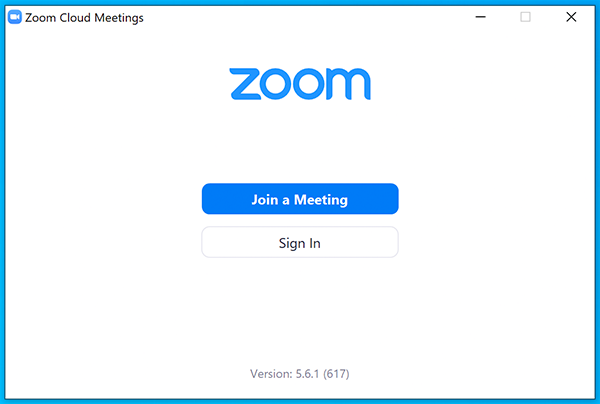
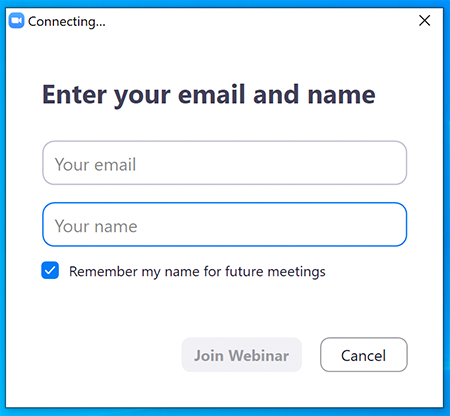
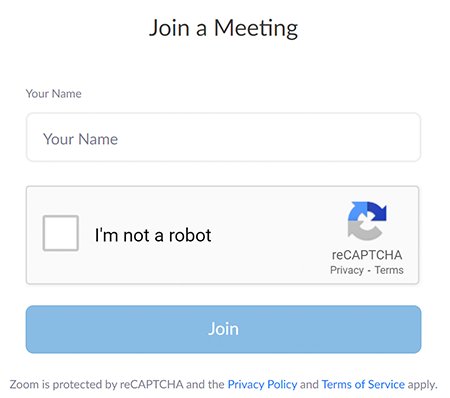
Moving Through Slides
Feedback & Links to Additional Resources
iCalendar File
Rehabilitation Act Notice for Reasonable Accommodation
Rehabilitation Act Notice for Reasonable Accommodation
It is EPA's policy to make reasonable accommodation to persons with disabilities wishing to participate in the agency's programs and activities, pursuant to the Rehabilitation Act of 1973, 29 U.S.C. 791. Any request for accommodation should be made to at or , preferably one week or more in advance of the webinar, so that EPA will have sufficient time to process the request. EPA would welcome specific recommendations from requestors specifying the nature or type of accommodation needed. EPA welcomes specific recommendations from requestors specifying the nature or type of accommodation needed. Please note that CLU-IN provides both alternate phone call-in options and closed captioning for all webinars, and requests for these specific accommodations are not necessary.
Webinar Recording
By participating in this CLU-IN webinar, you automatically agree to authorize recording of audio and visual content presented during this live event and consent to subsequent use of this recording in the public domain by the U.S. Environmental Protection Agency. This recording may include questions, comments and poll responses provided by you during the live event in addition to your name, voice, image or likeness. This recording will be made available after the conclusion of the live event as part of the CLU-IN webinar archives, and will remain available indefinitely. If you do not wish to consent to the recording, please do not join the live event, and contact Jean Balent at 202-566-0832 or balent.jean@epa.gov to discuss your concerns.
Content Disclaimer
This webinar is intended solely to provide information to the public. The views and opinions expressed as part of this webinar do not necessarily state or reflect those of the U.S. Environmental Protection Agency. It is not intended, nor can it be relied upon, to create any rights enforceable by any party in litigation with the United States, or to endorse the use of products or services provided by specific vendors. With respect to this webinar, neither the United States Government nor any of their employees, makes any warranty, express or implied, including the warranties of merchantability and fitness for a particular purpose, or assumes any legal liability or responsibility for the accuracy, completeness, or usefulness of any information, apparatus, product, or process disclosed, or represents that its use would not infringe privately owned rights.

